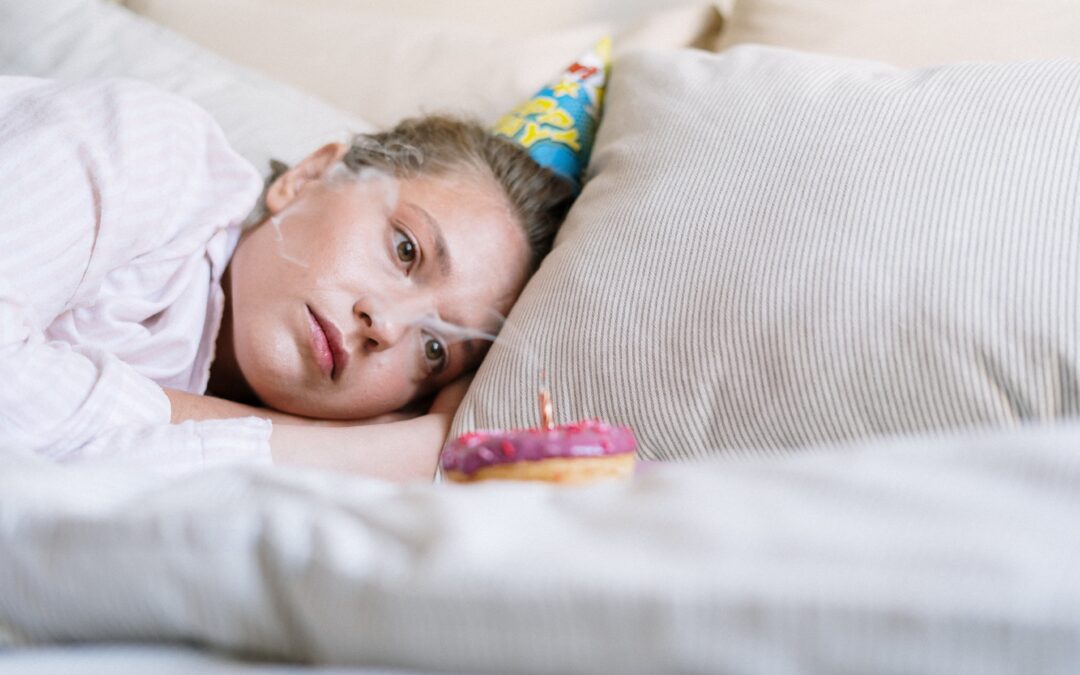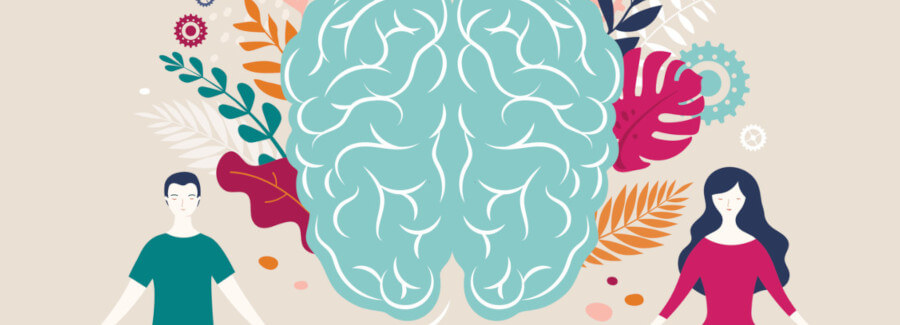ADHD Parenting: 3 Tips Before You Get Started
ADHD is one of the most common mental disorders affecting children making it difficult for them to pay attention and control impulsive behaviors. Symptoms of ADHD start in childhood but ADHD can sustain and continue through adolescence and into adulthood. While it’s true hyperactive behavior tends to better as children become teens, problems with disorganization, inattention, and a lack of impulse control can continue through adolescents and into adulthood.
While ADHD is understood to be hereditary, informed management of your child’s symptoms can affect both the severity and development of more serious problems over time. To realize positive outcomes for your child, early intervention holds the key. The sooner you address your child’s challenges, the more likely you will be able to help them avoid social and school frustration and poor self-esteem from underachievement.
While life with your child may on occasion be challenging, as a parent you can create home and school environments that improve your child’s chances for success. For those at the starting point in this journey Rhapsody would like to share with you 3 tips before you get started.
(1). Take care of yourself emotionally and physically. As your energy is limited, don’t waste one moment on self-blame in any way. ADHD is a disorder of certain aspects of the human brain and is understood to be inherited in most cases. ADHD is not a result of poor parenting or chaos in your home environment, although symptoms of ADHD can improve or worsen influenced by your home environment. Your best asset to help your child meet their ADHD challenge is your positive attitude and common sense. When you are focused and calm you have a better chance of connecting with your child, helping them to also be focused and calm as well. Stay mindful you are your child’s role model and brightest source of strength, thus it’s essential that you live your best healthy life. If you are overly exhausted or have reached your limit of patience, you risk dismantling the structure and support you’ve carefully built over time for your child with ADHD. Eat a healthy diet, engage in a minimal amount of daily exercise, and find ways to reduce stress (nightly bath, morning yoga, daily walk, etc). If you feel depleted, drained, or perhaps ill, acknowledge it and get help. Your self-care is essential in this process. You must secure your own oxygen before you can assist your child, partner or friend with ADHD. If not, you parent or love from a place of frustration and resentment.
(2). Become an organized case manager for your child. Recordkeeping of all information about your child is vital. This includes school report cards, teacher notes, disciplinary reports, any evaluations and or documents from any meetings regarding your child. If it applies, include information about your child’s previous ADHD interventions, treatments along with contact information for any professionals who may have engaged with your child. Assuming the manager role in forming a team that understands ADHD and has interest in helping your child. In parenting a child with ADHD it is important that you stay mindful; you don’t have to do it alone. Talk to your child’s therapists, doctors, and teachers. Join an organized parents of children with ADHD support group in your area or online. These groups are resources for insight, advice, and provide a safe space to share experiences and vent feelings. A comprehensive understanding of your child’s strengths, weaknesses and how ADHD affects them (in the form of detailed records that can be shared) will help you and the members of your develop program(s) reflecting your child’s precise ADHD challenges.
(3). Learn all you can about ADHD. There are numerous educational and informational resources for ADHD, everything from in-person support groups to how you can learn of governmental benefits to which you or your child may be entitled. While a tremendous amount of information on the diagnosis and treatment of ADHD as a mental disorder is available, not all of it is based on scientific evidence or is accurate. It is up to you to be inquisitive and “a shrewd consumer of information” and learn to separate the accurate from the inaccurate. Currently, there is no cure for ADHD, but you can take positive steps to decrease its impact.
- The largest national support organization for ADHD is called “CHADD” (children and adults with ADHD) (chadd.org). CHADD has a resource directory where you can find ADHD professionals in your state. Examples of those listed are physicians, nurse practitioners, pediatricians, psychologists, social workers, professional counselors, speech language pathologists, coaches, and education specialists.
- ADDA (add.org) (Attention Deficit Disorder Association) provides information and training resources for adults with ADHD, and promotes ADHD awareness.
- Lastly, Click this link to learn of the dozens of Parents of Children with ADHD support groups online including at social media platforms like Facebook, Twitter, and more.











